Time Travel, Teleportation & Science
Time travel is the concept of moving between different points in time in a manner analogous to moving between different points in space, generally using a theoretical invention, namely a time machine. It has a commonly recognized place in philosophy and fiction, but has a very limited application in real world physics, such as in quantum mechanics or wormholes.
Although the 1895 novel The Time Machine by H. G. Wells was instrumental in moving the concept of time travel to the forefront of the public imagination, The Clock That Went Backward by Edward Page Mitchell was published in 1881 and involves a clock that allowed three men to travel backwards in time.[1][2] Non-technological forms of time travel had appeared in a number of earlier stories such as Charles Dickens' A Christmas Carol. Historically, the concept dates back to the early mythologies of Hinduism (such as the Mahabharata), Buddhism, and Islam through ancient folk tales. More recently, with advancing technology and a greater scientific understanding of the universe, the plausibility of time travel has been explored in greater detail by science fiction writers, philosophers, and physicists.
Teleportation, or Teletransportation, is the theoretical transfer of matter or energy from one point to another without traversing the physical space between them. It has a commonly recognized place in science fiction literature, film, and television, but as yet has a very limited application in real world physics, such as quantum teleportation or the study of wormholes.
Science (from Latin scientia, meaning "knowledge") is a systematic enterprise that builds and organizes knowledge in the form of testable explanations and predictions about the universe. In an older and closely related meaning, "science" also refers to a body of knowledge itself, of the type that can be rationally explained and reliably applied. A practitioner of science is known as a scientist.
In modern usage, "science" most often refers to a way of pursuing knowledge, not only the knowledge itself. It is also often restricted to those branches of study that seek to explain the phenomena of the material universe.
Source : Wikipedia
-
02:13
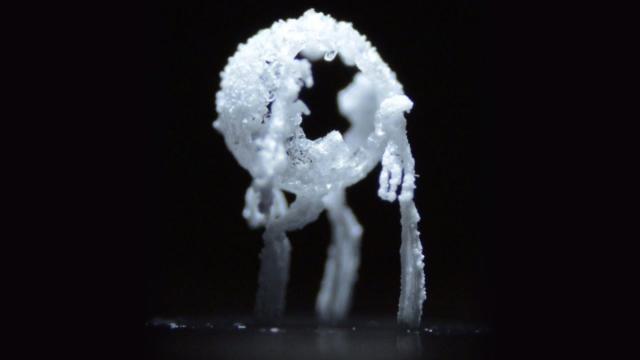
Crystal critters
Added 299 Views / 0 LikesA team of MIT researchers have observed that when salty water evaporates from a heated, superhydrophobic surface the crystal structures that form can easily be removed or roll away on their own. This phenomenon could make it possible to use brackish or sa
-
25:11
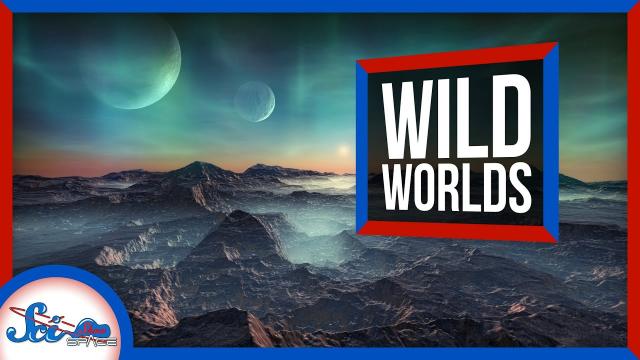
The Strangest Planets in the Universe | Compilation
Added 349 Views / 0 LikesSci-Fi worlds may have giant worms or twin suns, but those are pretty cozy compared to these wild worlds.SciShow has a spinoff podcast! It's called SciShow Tangents. Check it out at http://www.scishowtangents.org----------Support SciShow Space by becoming
-
06:03
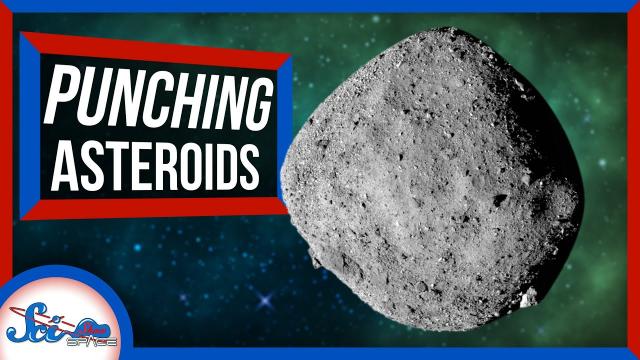
Punching and Burning Space Rocks… for Science! | SciShow News
Added 329 Views / 0 LikesSignup for your FREE trial to The Great Courses Plus here: http://ow.ly/5UPC30rDCPgSometimes, in order to learn something, you've got to punch a giant asteroid.SciShow has a spinoff podcast! It's called SciShow Tangents. Check it out at http://www.scishow
-
1:29:36
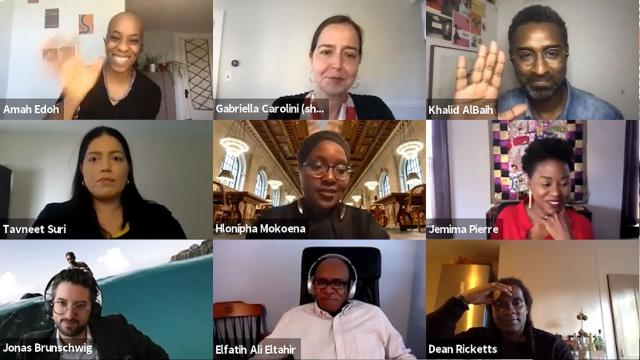
"Movements and Change: Race and Justice across Africa Today" Online Panel
Added 330 Views / 0 LikesTo mark the launch of the new MIT Africa Distinguished Visitors Program, the Office of the Associate Provost for International Activities and the MIT Africa faculty steering committee hosted an online panel discussion which featured leading voices from th
-
05:37
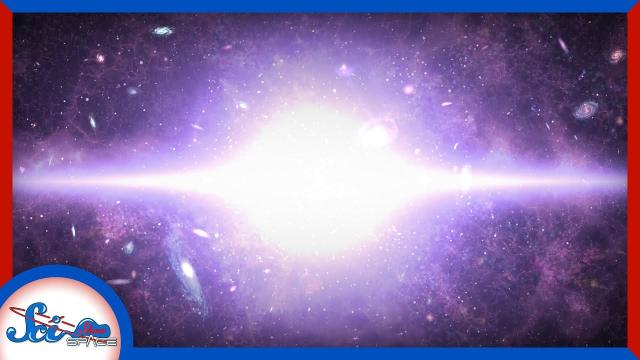
Where Did the Big Bang Happen?
Added 299 Views / 0 LikesThis episode is brought to you by the Music for Scientists album! Stream the album on major music services here: https://streamlink.to/music-for-scientists. Check out “The Idea” music video here: https://www.youtube.com/watch?v=tUyT94aGmbc. The name “The
-
05:17
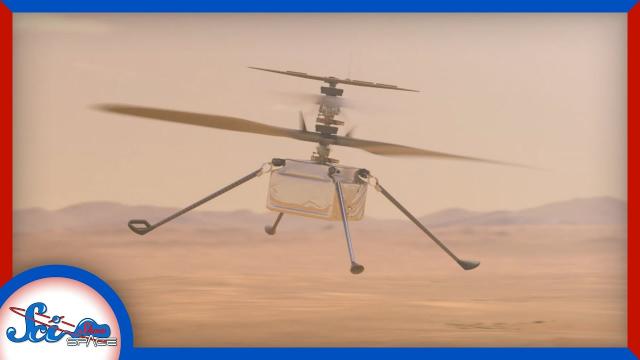
The First Flight in Another Sky
Added 212 Views / 0 LikesThe first 1000 people to use the link will get a free trial of Skillshare Premium Membership: http://skl.sh/scishowspace04211 What’s happening with the helicopter on Mars? We have an update on Ingenuity’s progress. Meanwhile, Curiosity’s camera are helpin
-
05:57
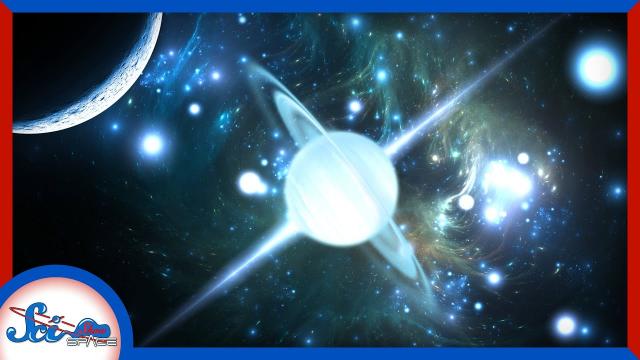
Journey to the Center of a Neutron Star
Added 435 Views / 0 LikesThere are a lot of incredible things in space, but neutron stars are some of the most mind-blowing. From liquid plasma oceans on the surface to a possible neutron superfluid in the core — as you go deeper into a neutron star, the physics gets truly wild.S
-
05:58

What If Dark Energy Doesn’t Exist?
Added 332 Views / 0 LikesThis episode is brought to you by the Music for Scientists album! Stream the album on major music services here: https://streamlink.to/music-for-scientists. Check out “The Idea” music video here: https://www.youtube.com/watch?v=tUyT94aGmbc. Dark Energy is
-
05:24
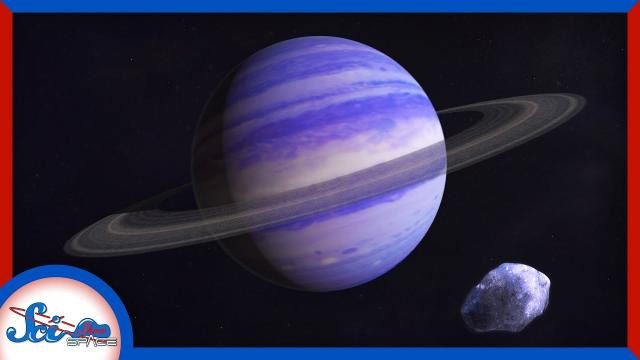
The Most Common Planet in the Universe?
Added 268 Views / 0 LikesThere’s one kind of planet we’ve found more often than any other in the universe so far: mini-Neptunes. Now, some scientists think they’ve figured out why there are just so many of them.Hosted by: Caitlin HofmeisterSciShow has a spinoff podcast! It's call
-
00:59
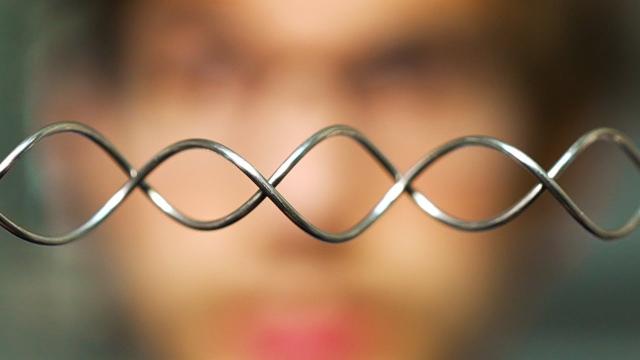
Mephisto Spiral Illusion! #shorts
Added 321 Views / 0 LikesGet this illusion and more: http://curiositybox.com#shorts #illusion
-
05:47

The Pristine Visitor From Another Star
Added 301 Views / 0 LikesThis video was sponsored by Skillshare. The first 1000 people to use the link will get a free trial of Skillshare Premium Membership: http://skl.sh/scishowspace04211 You may have heard of the first interstellar object observed in our solar system, but did
-
06:40
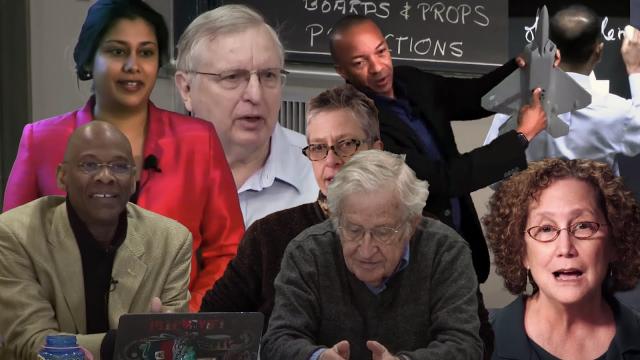
MIT OpenCourseWare: The foundation of free access to education
Added 302 Views / 0 LikesSince its founding 20 years ago, MIT OpenCourseWare has allowed free access to all of MIT's course materials, laying the foundation for other open educational resource platforms that followed.Watch more videos from MIT: http://www.youtube.com/user/MITNews
-
10:12
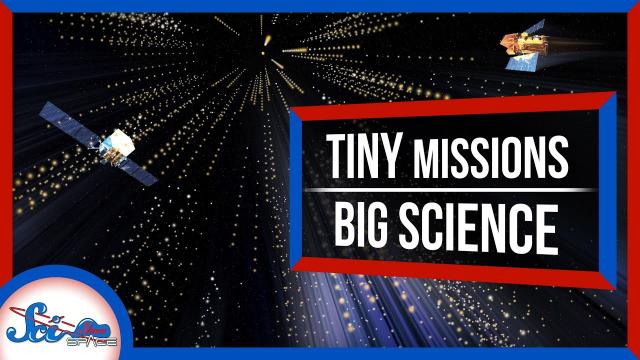
4 Tiny Missions Answering the Biggest Questions in Astrophysics
Added 505 Views / 0 LikesThe Astrophysics Pioneers program is funding four innovative new missions that read like a best-hits album of the most exciting astronomical frontiers: from galaxy evolution and exoplanets, to neutron star mergers and astroparticle physics.Hosted by: Cait
-
1:44:03
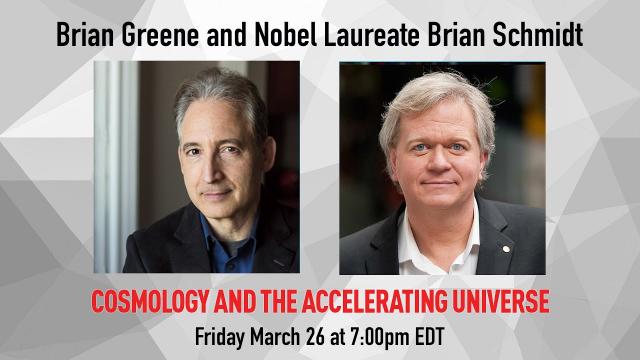
Cosmology and the Accelerating Universe | A Conversation with Nobel Laureate Brian Schmidt
Added 379 Views / 0 LikesJoin Brian Greene and Nobel Laureate Brian Schmidt for a wide-ranging conversation covering cosmology, the accelerating universe, and the role of science in shaping our future.Subscribe to the WSF newsletter for updates on future programs and live convers
-
05:59
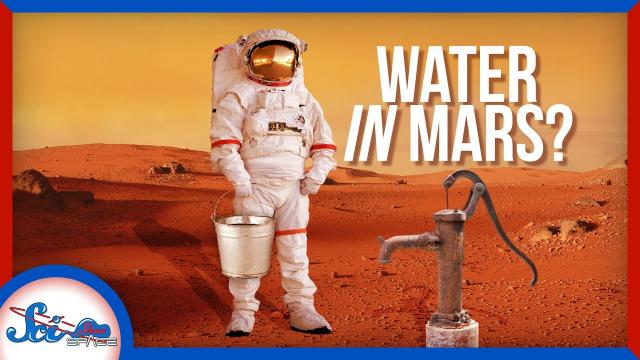
Maybe Mars's Ocean Never Left | SciShow News
Added 407 Views / 0 LikesMany researchers believe that all the water on Mars dried up, but some evidence suggests that it might have dried in.SciShow has a spinoff podcast! It's called SciShow Tangents. Check it out at http://www.scishowtangents.org----------Support SciShow by be
-
00:57

Hybrid Illusions #shorts
Added 323 Views / 0 LikesHere's a shirt #shortThe CLOSE/FAR illusion shirt comes in our latest curiosity box: https://www.curiositybox.com/SOURCES:https://stanford.edu/class/ee367/reading/OlivaTorralb_Hybrid_Siggraph06.pdfhttp://olivalab.mit.edu/Papers/Oliva-Schyns_Hybrid-Image-I
-
06:13
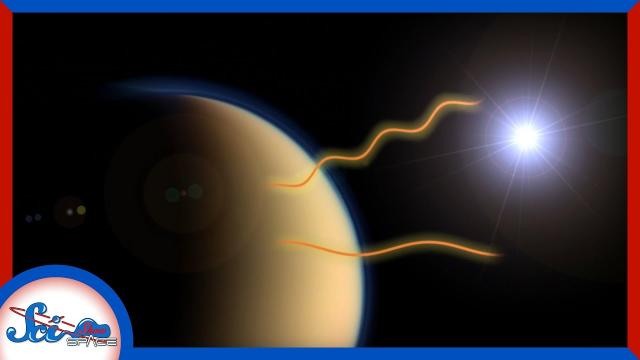
How Does Titan Still Have an Atmosphere?
Added 276 Views / 0 LikesFrom what we know about Titan, it seems like its atmosphere should have disappeared millions of years ago. So, why hasn’t it? Hosted by: Reid ReimersSciShow has a spinoff podcast! It's called SciShow Tangents. Check it out at http://www.scishowtangents.or



